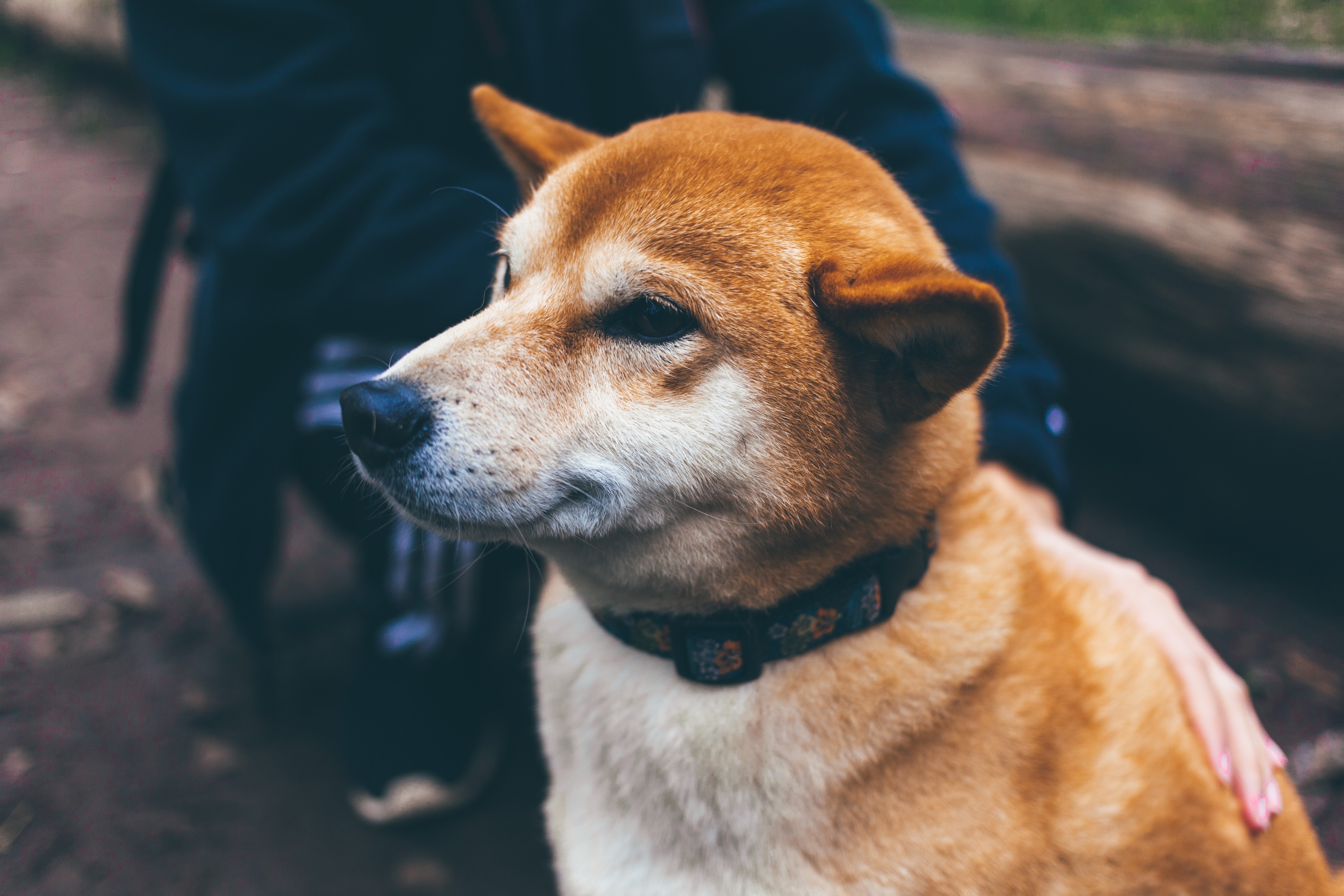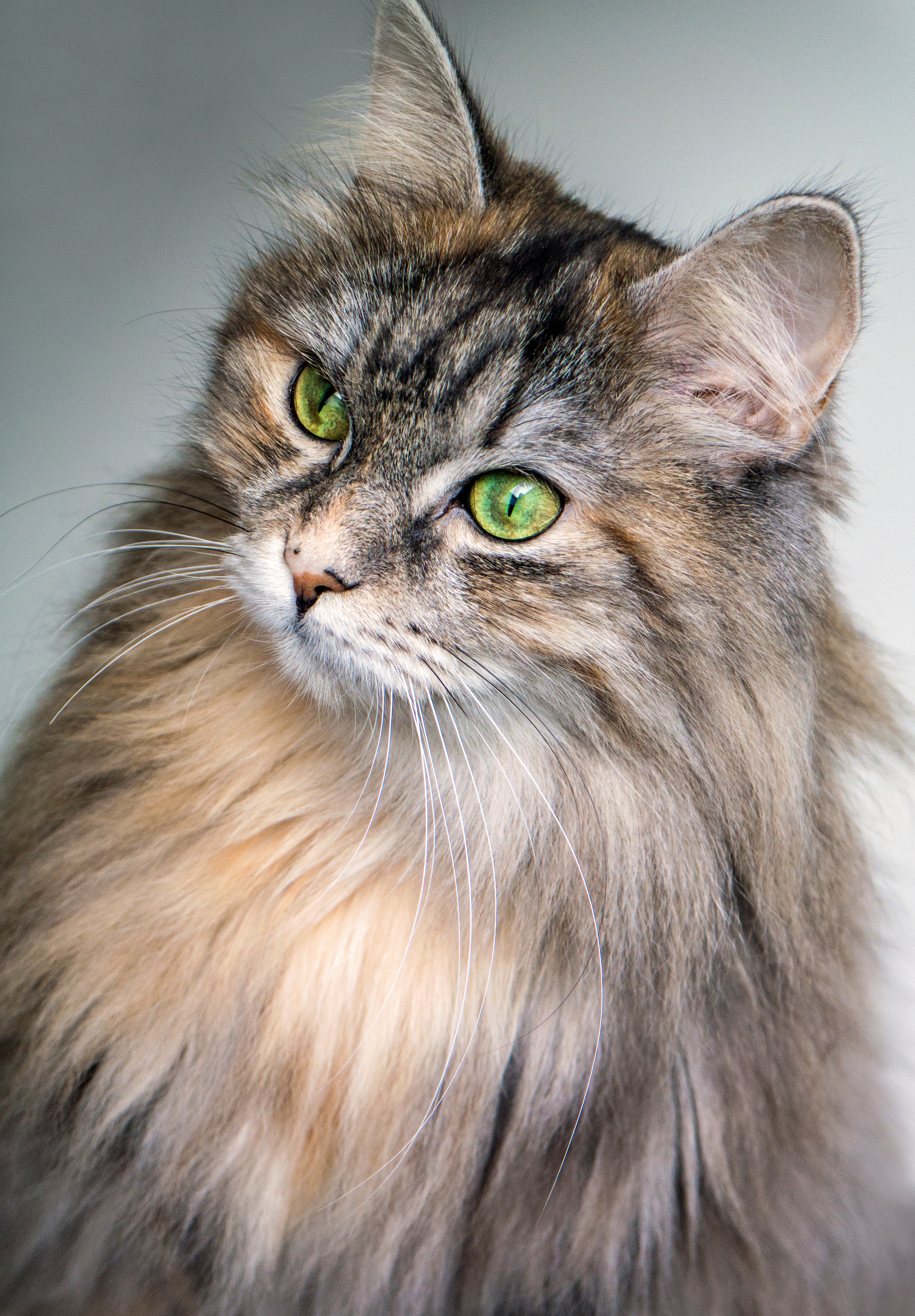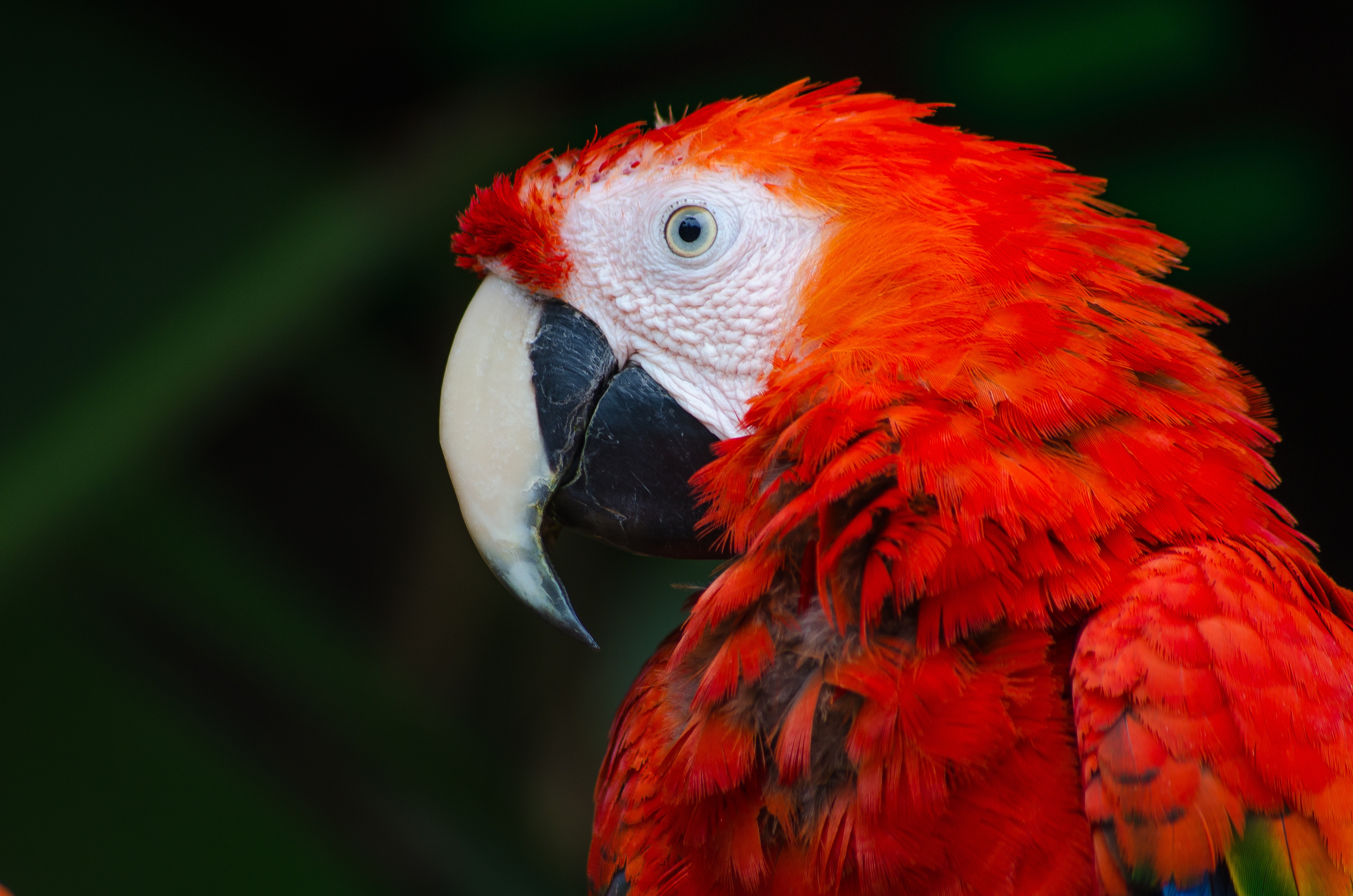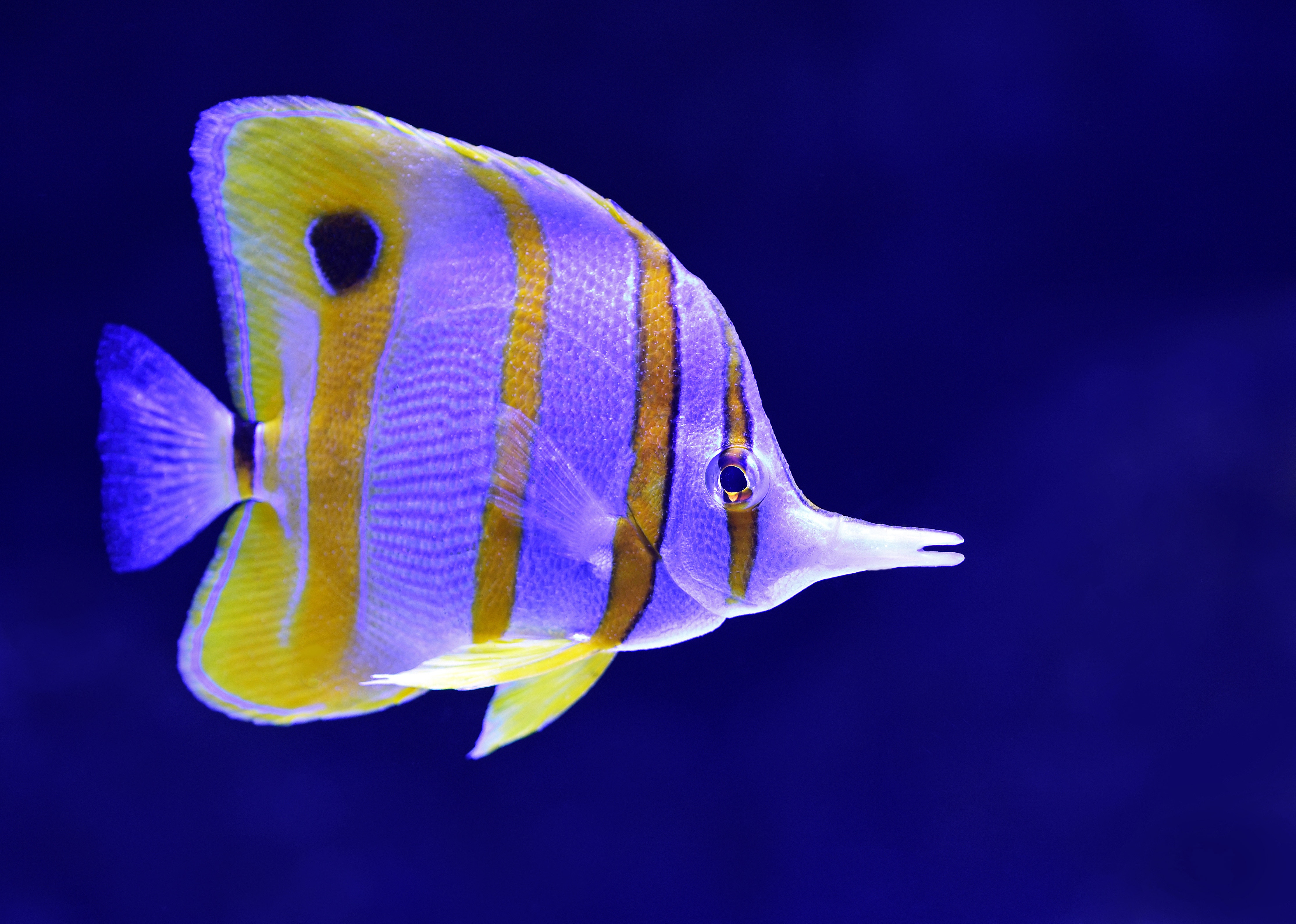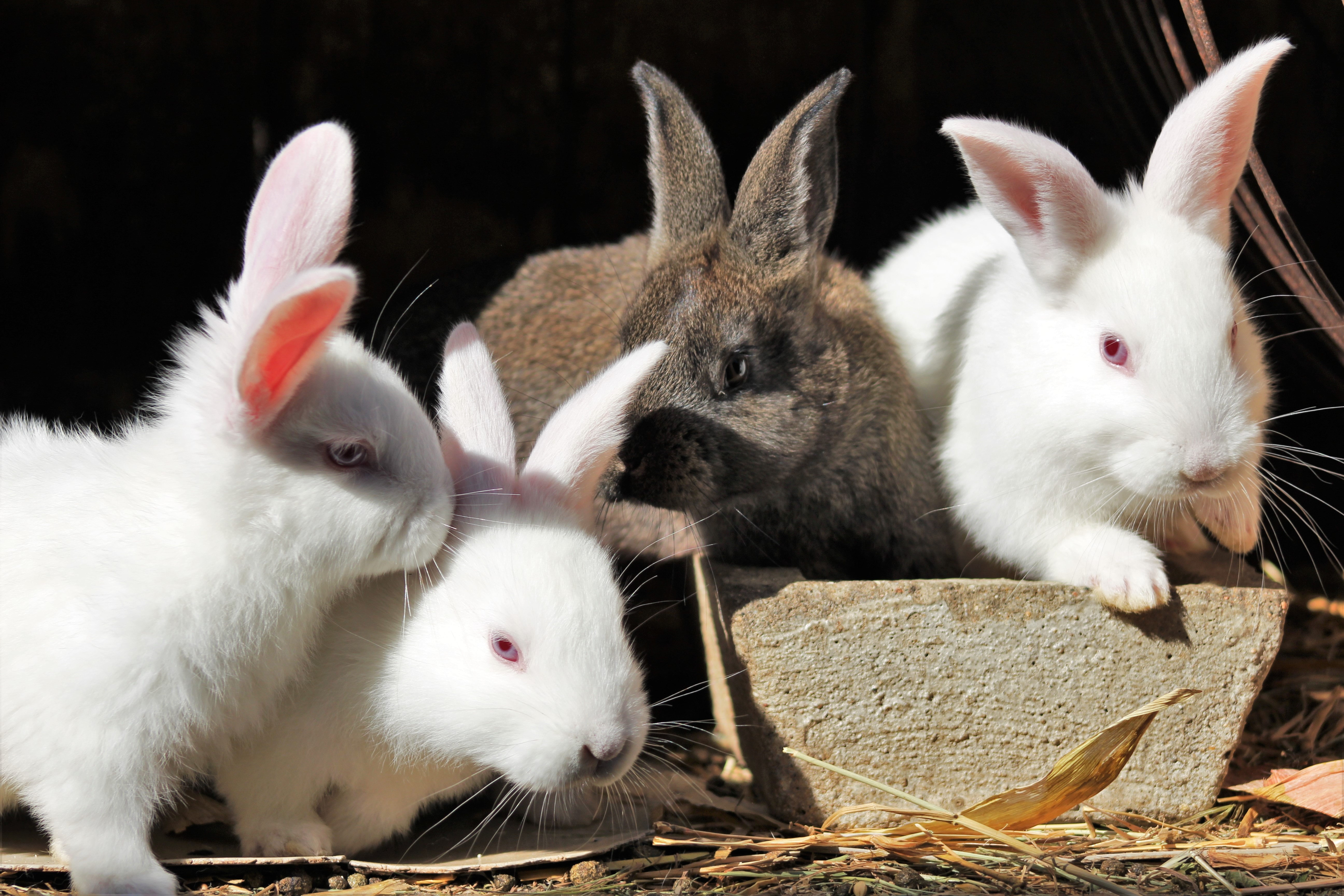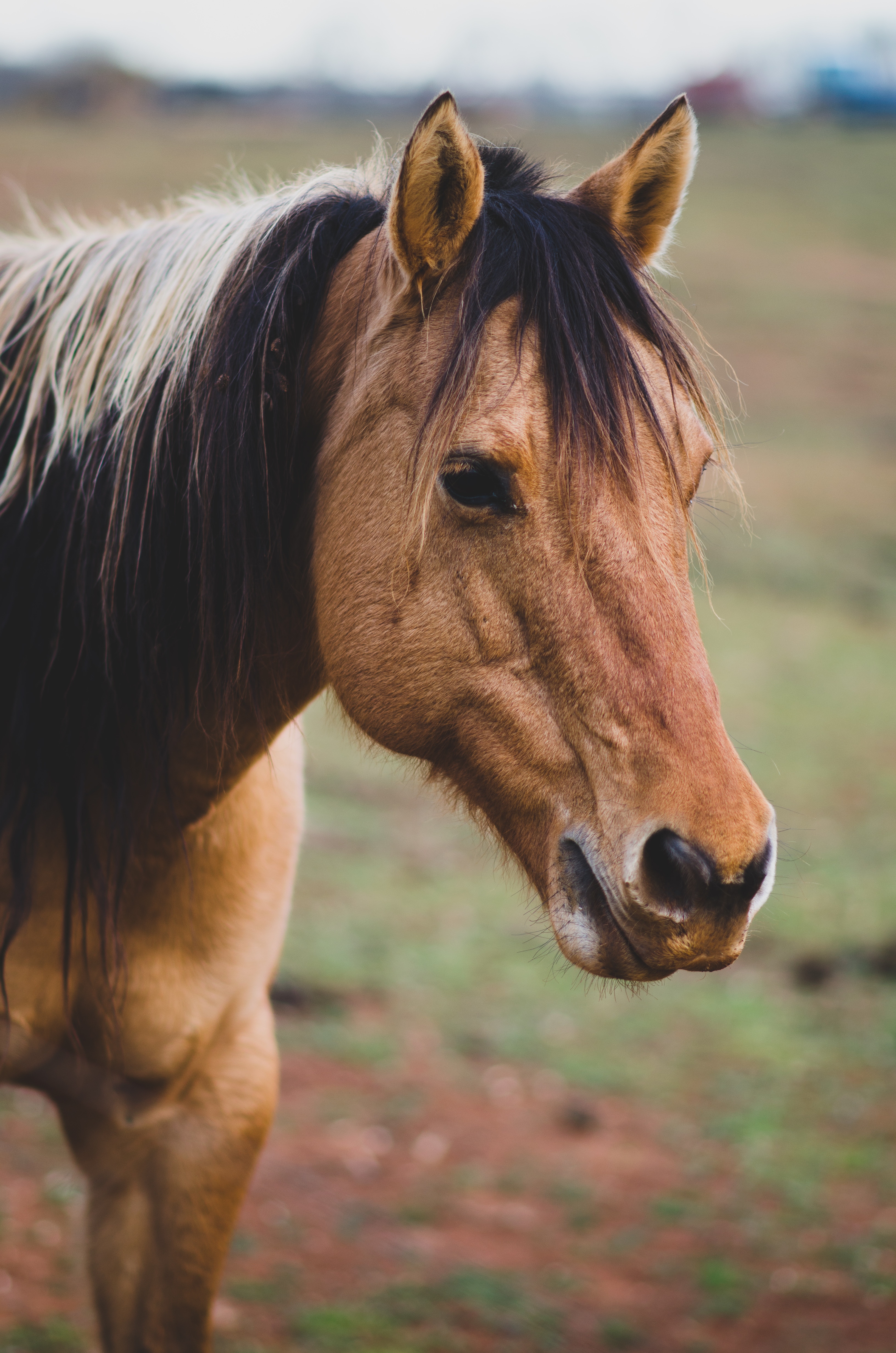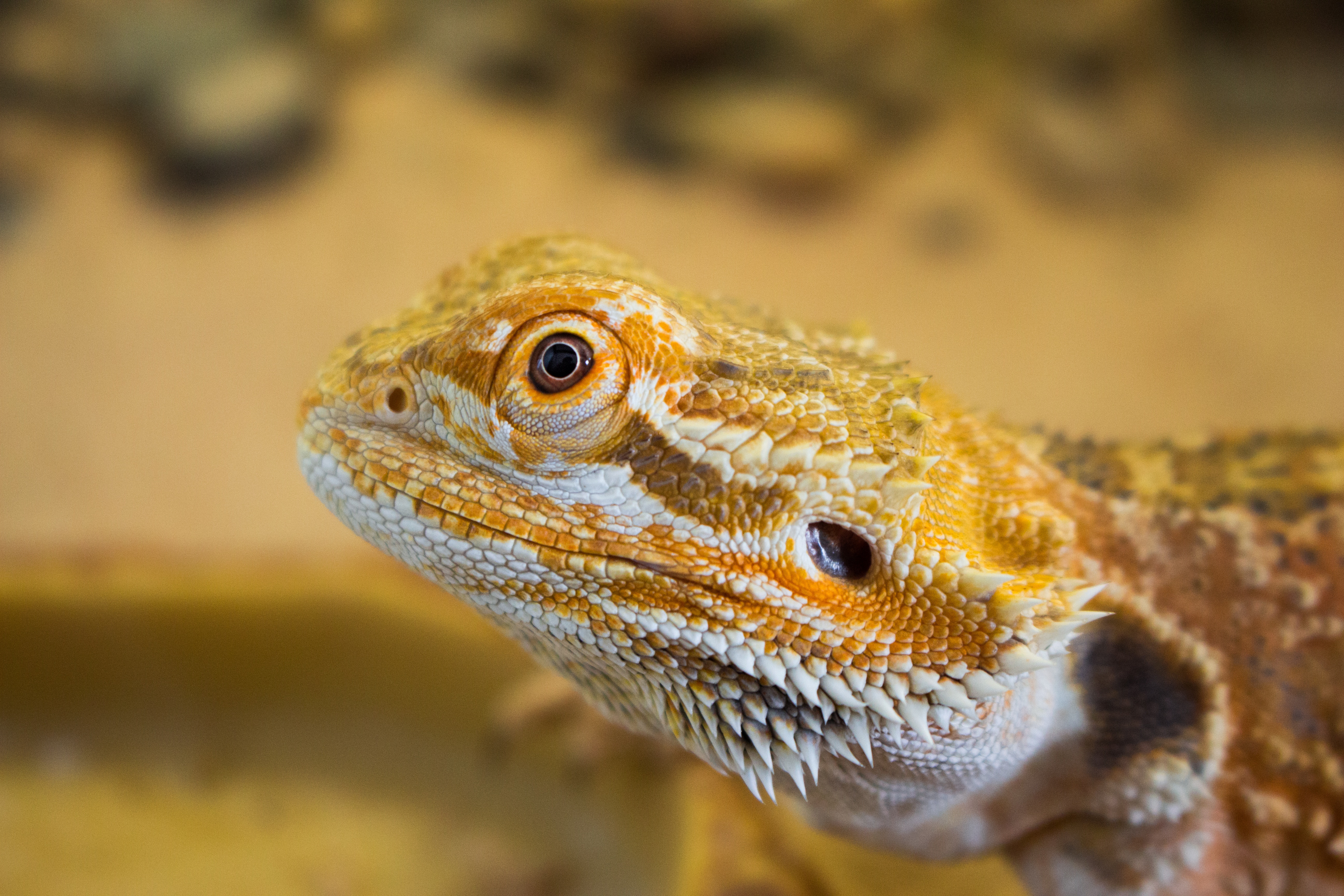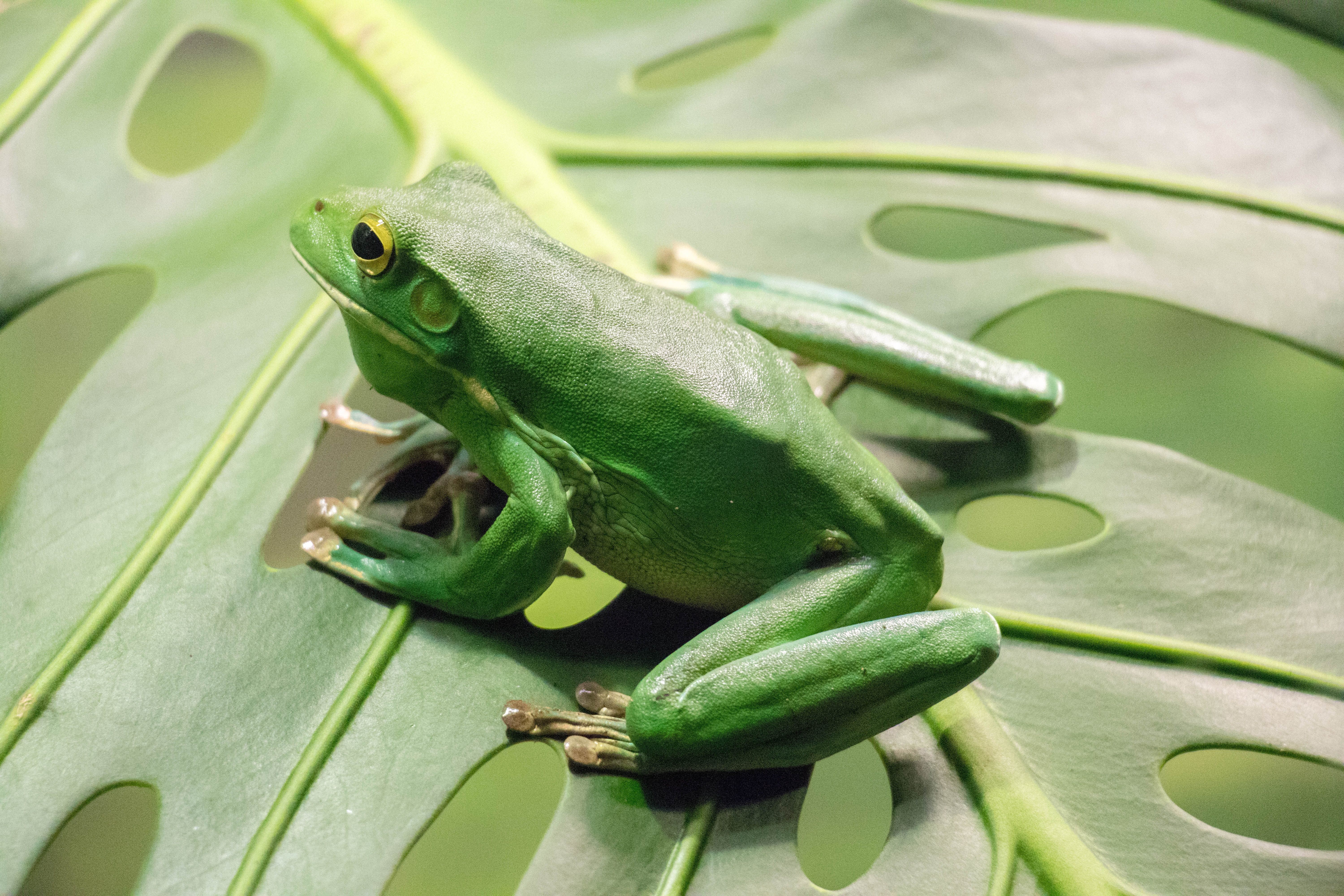Environment
A suitable living environment
Diet
A suitable diet
Behaviour
To be able to behave normally
Companionship
To have appropriate companionship
Health
To be protected from pain, suffering, injury and disease
1
Environment
A suitable living environment
2
Diet
A suitable diet
3
Behaviour
To be able to behave normally
4
Companionship
To have appropriate companionship
5
Health
To be protected from pain, suffering, injury and disease
Chinchillas can be very active and enjoy exploring their surroundings. They are able to gnaw through plastic very easily so choosing a large metal cage with a solid metal floor is recommended. Chinchillas need lots of horizontal and vertical space to allow them to run and jump but avoid uninterrupted heights of more than 60cm to help prevent injuries if they were to fall. They also need constant access to nest boxes filled with hay for resting and sleeping in. Chinchillas also need to be kept in a quiet and cool room away from direct sunlight. Natural enrichment is very important for chinchillas - rocks, sand trays, willow tree logs, wooden hides and plenty of hay to browse on all make ideal enrichment for chinchillas.
Chinchillas are herbivores. A healthy diet plays a big role in helping to prevent dental disease in chinchillas. They should have constant access to good quality hay; in fact their diet should consist of 85% good quality green hay that is free from dust, 10% dried plants/herb mix (such as herb pot marigold flowers (French marigolds are poisonous) and rose hips to bramble leaves and willow stems), 5% dry nuggets and a large ceramic bowl of fresh clean drinking water. Check for any damage or blockages daily on water bottles or bowls to reduce the risk of the animals going without water. Muesli type feed and a lack of hay can lead to life threatening dental disease in chinchillas.
Chinchillas are very active and inquisitive animals. In the wild they live in rocky areas which they jump between and find shelter in. They enjoy spending early evening and mornings grazing on a variety of forage and hay as well as exploring. Providing them with the ability to spend these times enjoying some free-range time in a secure room will give them the opportunity to explore and play. During the day chinchillas rest and sleep; each chinchilla should have access to their own nest box but you should also provide them with one that is large enough for them all to rest in together and you will often find them snuggled up with their companion.
Chinchillas are very social animals who prefer to live with at least one chinchilla companion. They are best housed in same sex pairs or can live as a castrated male with a female. Naturally chinchillas would live in large groups; a lone chinchilla is likely to be less happy than one living with a well-matched companion chinchilla. Many rescues offer a mixing service for single chinchillas. The following PAAG members rescue and rehome chinchillas: Wood Green the animal's charity, RSPCA, Scottish SPCA, Raystede and Blue Cross.
Chinchillas do not require any vaccinations; however, they can be very prone to expensive and life-threatening dental disease. Signs of this include drooling, weight loss, playing with food, matted fur. As their fur is so thick, they rarely suffer parasite problems; however they can occasionally be prone to fungal issues such as ring worm. Providing your chinchillas with a dust bath using chinchilla friendly sand will help to keep their coats in top condition. Chinchillas can be prone to heatstroke; it is important the room they are housed in is kept cool and well ventilated.
You should register your chinchillas with a vet who will be able to provide you with more advice on things like neutering and general health care. Some vets may have more experience with chinchillas than others.
Check before you buy
Please consider contacting your local animal rescue/rehoming centre
Many rescue centres who take in multi species rescue and rehome chinchillas. All reputable rescue centres will have health checked, neutered where required and socialised each chinchilla prior to rehoming. The average fee is often the same as purchasing a chinchilla from another source, except chinchillas from elsewhere will often not have had the above done and may come with considerable financial and emotional implications. Check out the charity links below for your nearest rescue centre with chinchillas available for rehoming.
Ensure you are 100% confident that the chinchilla(s) is the correct gender that you have been advised it to be
If you are unsure speak to your vet for further advice. Unexpected litters & accidental pregnancies are common with small pets as people don’t always ensure the sex of their new pets.
Spend plenty of time with the chinchilla to ensure their character will suit your family
Ask lots of questions – reputable establishments will be happy to answer these for you.
Always health check any chinchillas you intend to purchase prior to taking them home
Healthy chinchillas should be:
- Alert & inquisitive (when out of the cage or early evening)
- Jumping and moving about without signs of discomfort
- Healthy looking coat with no matts or hair loss
- Eyes bright with no sign of weeping
- Clean nose
- Clean ears
- Teeth meeting each other and yellow/orange in colour
- Eating well without signs of discomfort
Common Scams
As mentioned, chinchillas are very prone to dental problems - be aware of chinchillas being sold as a ‘quick sale’ with little history as its likely these chinchillas may not have been cared for correctly

